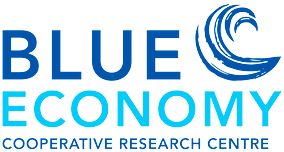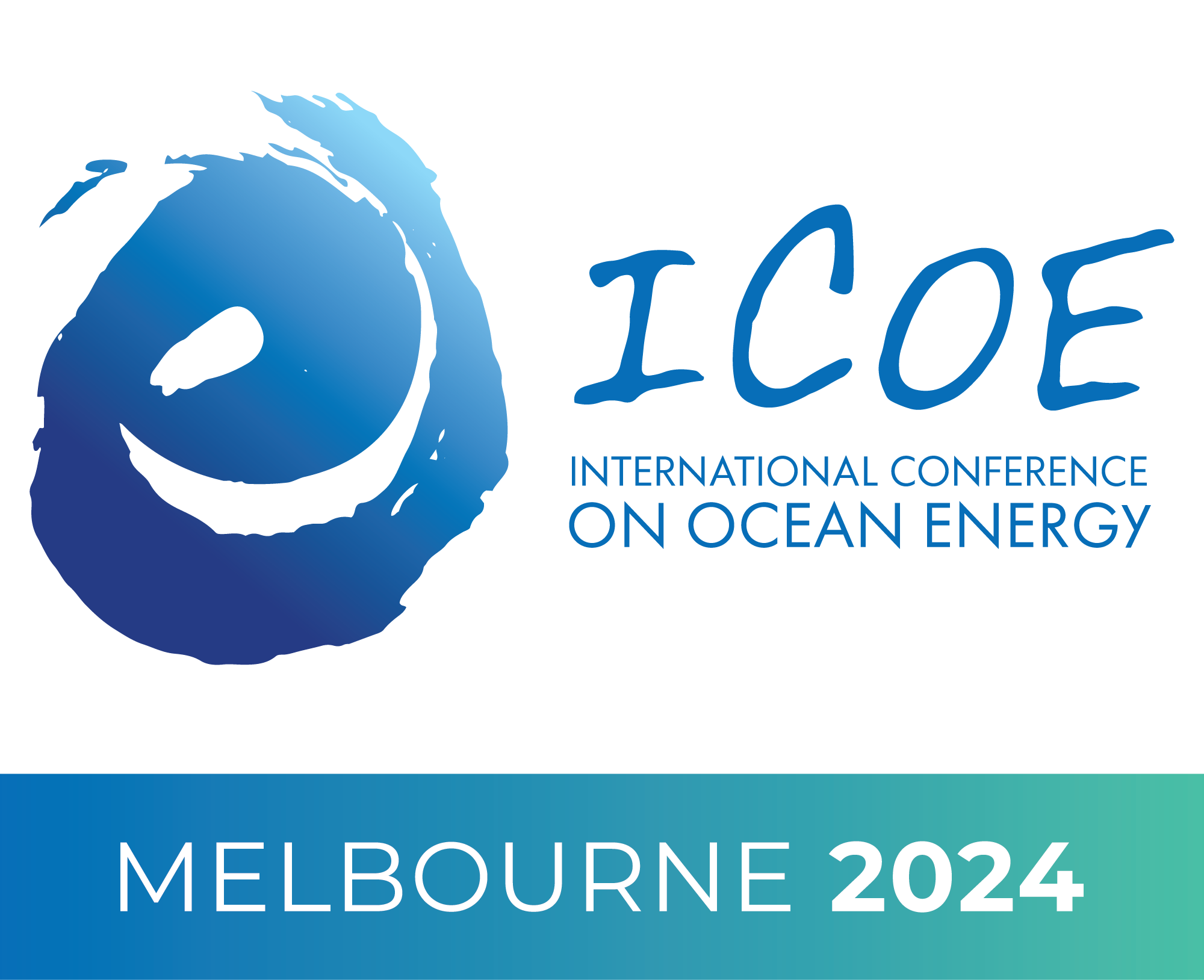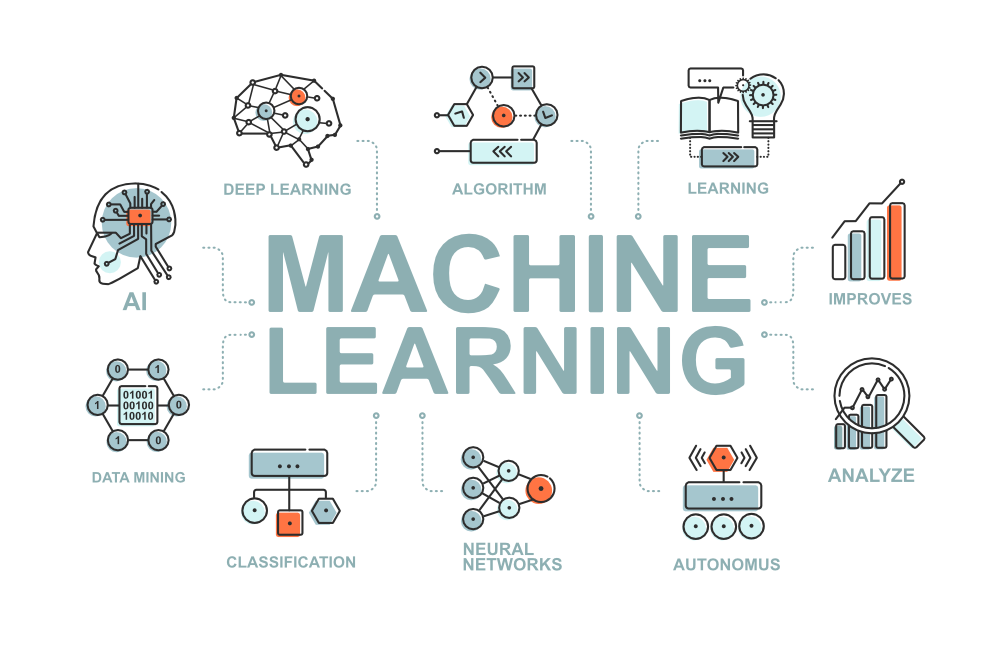Webinar: Machine Learning – adding power to the toolbox
Wednesday 23rd September, 2020, 3-4pm AEST
New computing technologies are seeing artificial intelligence methods expand in usefulness. Machine learning is one of these approaches that is gaining momentum for more and more uses.
Based on pattern recognition and iterative learning it delivers repeatable, reliable, automated services. This might be identifying fish, forecasting environmental conditions, transaction tracking, risk estimation, robotics and marketing, to name just a few applications. It works by running mathematical calculations over large volumes of data and using the result to make a prediction, refining the calculations based on how well the prediction works.
This prediction and refining process is learning and can be done in many different ways. Please join us to hear more about the methods and what’s involved, it may inspire ideas of new ways it can be applied in your industry or research area.
Part 1: ML applied to wave prediction
Presented by: Mathieu Cocho, Carnegie Clean Energy
Carnegie Clean Energy is developing advanced controller for its CETO wave-energy converter, with aim to increase the system’s power capture, and reduce loads in extreme conditions. Most advanced controllers rely heavily on future (predicted) knowledge of the incident wave front. Physics-based estimation of future waves can be prohibitively computationally expensive, however, Machine Learning (ML) is being applied in an increasing number of fields to great effect, with its implementation resulting in improved computational performance across the board.
Carnegie has developed a machine learning-based wave predictor, which has the potential to predict surface elevation up to 30 seconds into the future, in fractions of a second. This presentation will provide insight into the development and performance of this tool, which has direct applications in wave energy, but also in other industries, where knowledge of future wave is critical for safety, reliability and success.
Part 2: Automated visual assessment of benthos using machine learning in aquaculture environmental monitoring
Presented by:
Dr. Scott Hadley, Institute for Marine and Antarctic Studies, UTAS
Dr. Myriam Lacharite, Institute for Marine and Antarctic Studies, UTAS
A/Prof. Quan Bai, Information & Communication Technology, UTAS
Imagery is a common method used for monitoring the benthic environment around aquaculture sites in Tasmania. Images taken beneath the farms’ infrastructure are scored based on the presence of several indicators that relate to sediment condition. An important indicator is the bacterium Beggiatoa growing under anoxic (low-oxygen) conditions, thus potentially indicating impact. Scoring for Beggiatoa is based on percentage cover on the seafloor. Manually evaluating images is time consuming and potentially a source of error (misclassification) dependent on the expertise and focus of the observer, which naturally limits the efficacy of this approach.
Here, we introduce machine learning-based computer vision techniques to automate the ‘scoring’ process. This would foster objectivity in assessment, time savings and the release of human resources with the exception of spot validation for quality assurance. If adopted, this method and similar methods using automated approaches could be used to facilitate decisions around aquaculture operations and environmental monitoring.
Presenters
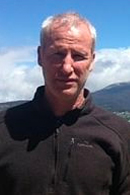 Name: Dr Scott Hadley
Name: Dr Scott Hadley
Affiliation: Institute for Marine and Antarctic Studies, UTAS
Bio: Dr Scott Hadley is an ecosystem modeller investigating the interaction between aquaculture and the environment. He works with Fisheries and Aquaculture (IMAS) with the research team headed by Associate Professor Catriona Macleod. Dr Hadley completed his PhD in 2015 and has since been working with Fisheries and Aquaculture (IMAS) to answer more question involving the interaction between aquaculture and the environment.
 Name: Dr. Myriam Lacharite
Name: Dr. Myriam Lacharite
Affiliation: Institute for Marine and Antarctic Studies, UTAS
Bio: Dr Lacharite is an experienced researcher with a demonstrated history of working in aquatic science and ocean technology. Her interests lie in applied marine environmental science, applications of advanced ocean technology, marine spatial planning, ocean policy, and socio-ecological marine systems. She holds a PhD in Oceanography from Dalhousie University (Halifax, Nova Scotia) and B.Sc. in Biology from McGill University.
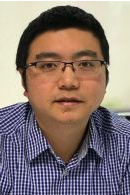 Name: Associate Professor Quan Bai
Name: Associate Professor Quan Bai
Affiliation: Information & Communication Technology, UTAS
Bio: Associate Professor Quan Bai is an associate professor in the Information & Communication Technology discipline, in the School of Technology, Environments and Design, University of Tasmania. His research focuses on multi-agent coordination, trust mining and agent-based modelling for complex systems. He has over 100 research publications including several IEEE transaction papers and a number of top journal and conference papers.
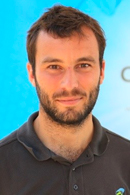
Name: Mathieu Cocho
Position Title: Data Analyst
Affiliation: Carnegie Clean Energy
Bio: Mathieu Cocho is an Ocean Engineer, with close to 10 years’ experience in the Marine Renewable industry, across the design, certification, operation, and data analysis fields. Over the last year of his 5 years at Carnegie , Mathieu has been looking after the development of CETO’s advanced controller, and has become involved with the field of artificial intelligence.
Facilitator
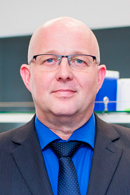 Name: Professor Lindsey White
Name: Professor Lindsey White
Affiliation: School of Science at Auckland University of Technology
Bio: Professor Lindsey White is currently on the Science Executive of the Blue Economy CRC and Deputy Lead of the Seafood and Marine Products Research Program.
